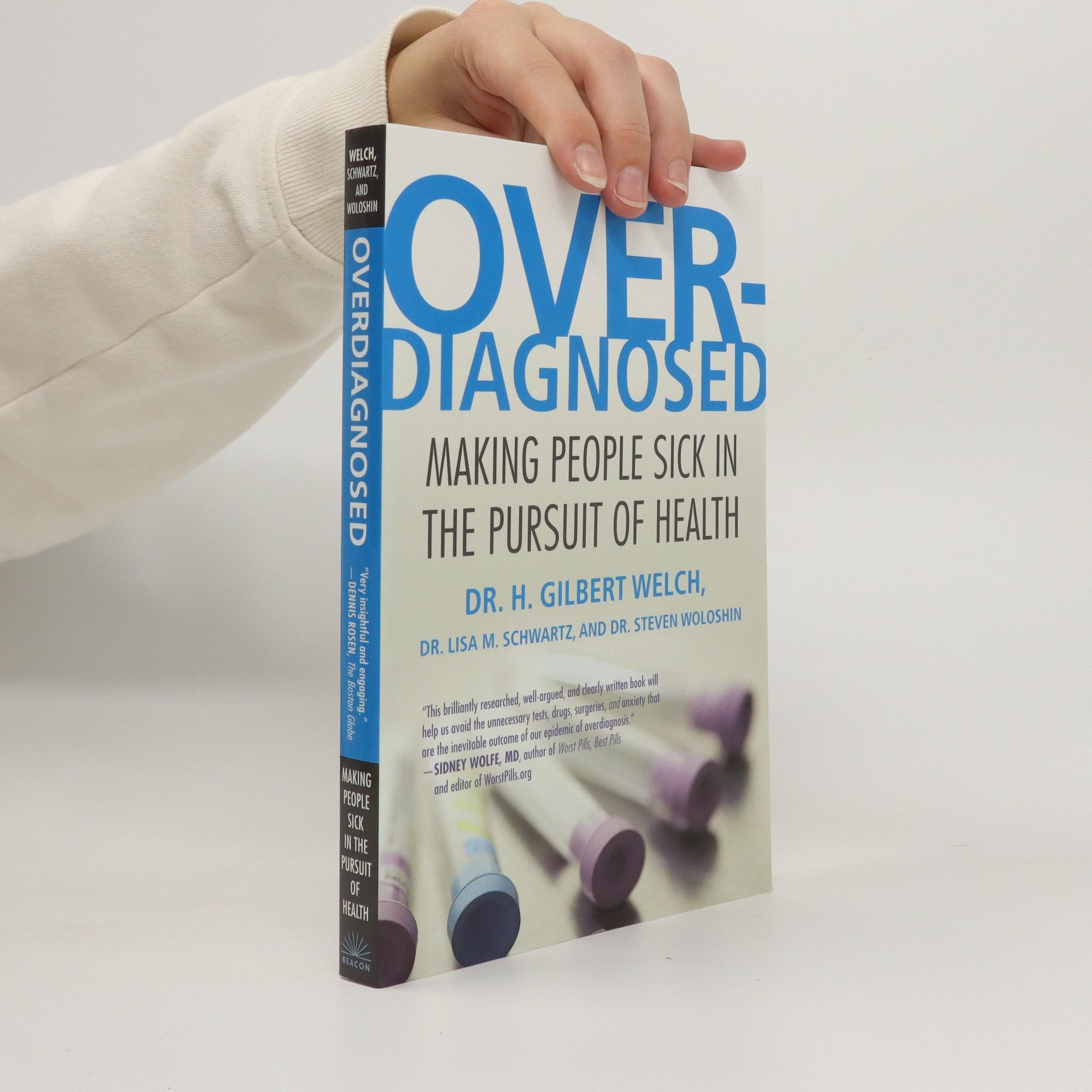Doba jedová. 10, Méně medicíny - více zdraví : prevence, diagnostika, screening, testy
- 272 stránek
- 10 hodin čtení
Více zdravotní péče rovná se lepší zdraví? Ne! Právě naopak. Tvrdí to a v této knize dokazuje profesor v oboru medicíny H. Gilbert Welch. Podle něj až příliš mnoho lidí podstupuje screeningové testy a vyšetření se všemi škodlivými dopady. Na základě nepřiměřených, zbytečně poplašných diagnóz pak absolvují léčbu, kterou nepotřebují – a která jim v lepším případě neprospěje a v horším ublíží. Lidem se vnucuje představa, že vyhledávání zdravotní péče je nejdůležitějším prostředkem zachování zdraví a životní pohody. Welch upozorňuje, že s výjimkou akutní zdravotní péče je všechno jinak: -více informací někdy škodí (protože dotyčného vyděsí), -včasná diagnóza může ze vcelku zdravého jedince udělat předčasného pacienta, -snaha omezit rizika paradoxně vytváří rizika nová, -nové metody léčby nemusejí být nutně lepší (jsou jen nebezpečnější), -přehnané úsilí vyhnout se smrti může člověku zkazit celý život.


